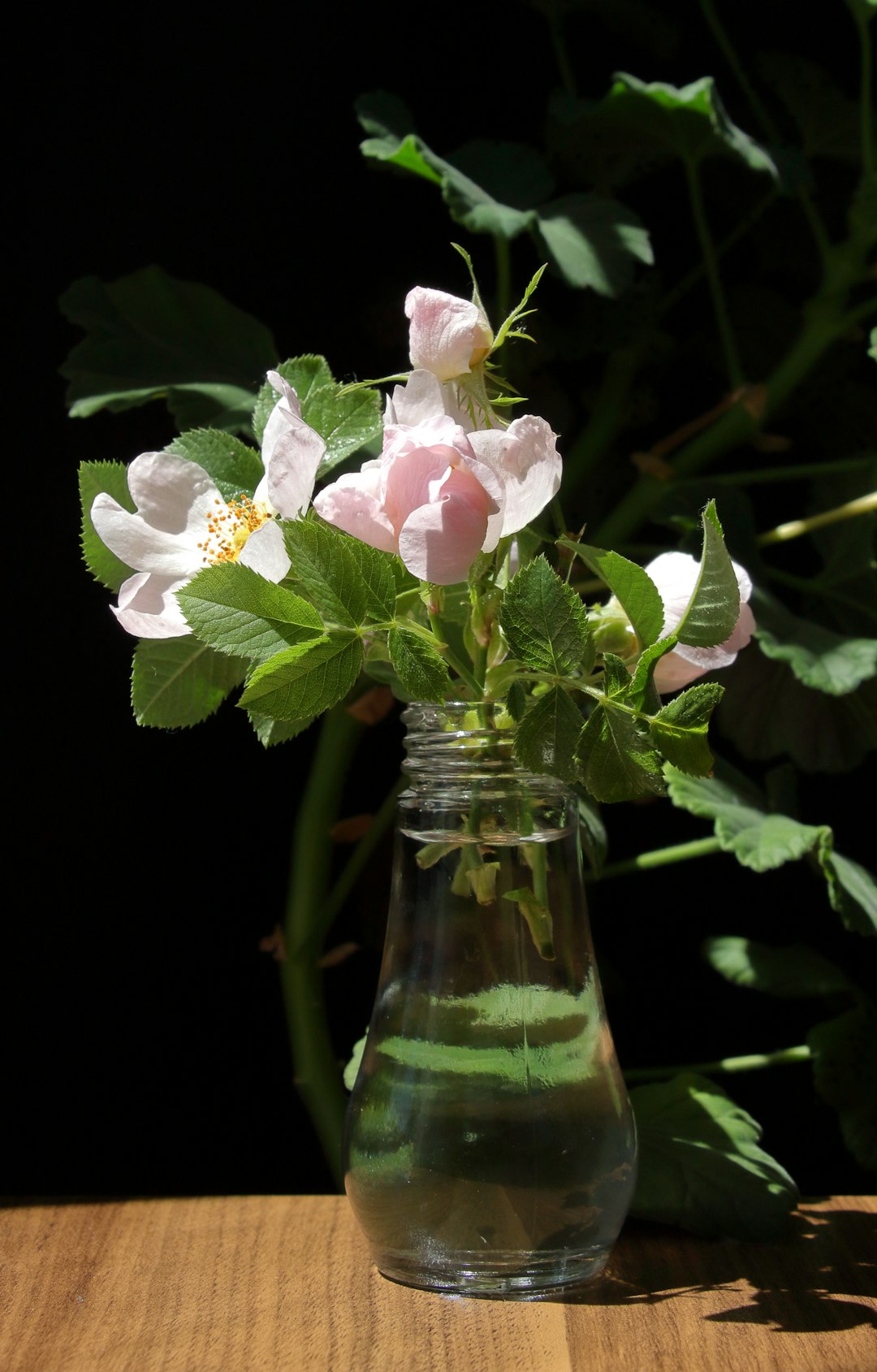Ants in your plants can be a real nuisance, but fear not! With these expert tips, you can take back your pots and container gardens and keep those pesky ants at bay. Ants are attracted to plants for various reasons, such as the presence of sweet nectar, aphids, or other insects that produce honeydew. While they may not directly harm your plants, their presence can be a sign of an underlying problem, and they can also disrupt the soil structure and interfere with the growth of your plants.
One of the first steps in dealing with ants in your plants is to identify the source of the problem. Look for signs of aphids or other insects on your plants, as these can attract ants. Aphids are small, soft-bodied insects that feed on the sap of plants and excrete a sticky substance called honeydew, which ants love. If you find aphids on your plants, you can try using a gentle insecticidal soap or neem oil to get rid of them. These natural remedies are safe for your plants and can help control the aphid population.
Another way to deter ants from your plants is to create a physical barrier. You can use a sticky substance, such as petroleum jelly or Tanglefoot, around the base of your pots or containers. This will prevent ants from climbing up and reaching your plants. You can also try placing a layer of diatomaceous earth around your plants. Diatomaceous earth is a natural powder made from the fossilized remains of diatoms, and it can be effective in killing ants and other insects by dehydrating them.
If you have a severe ant infestation in your plants, you may need to use a more aggressive approach. One option is to use an ant bait. Ant baits contain a slow-acting poison that the ants carry back to their colony, killing the entire colony over time. Make sure to place the ant bait near the ant trails or where you see the most ant activity. However, be careful when using ant baits, as they can also be harmful to other beneficial insects and pets.
It's also important to keep your plants healthy and well-maintained. Healthy plants are less likely to attract pests, including ants. Make sure your plants are getting enough water, sunlight, and nutrients. Avoid overwatering your plants, as this can create a moist environment that is attractive to ants and other insects. Regularly inspect your plants for signs of pests or diseases, and take action immediately if you notice any problems.
In addition to these tips, you can also try using natural repellents to keep ants away from your plants. Some plants, such as mint, lavender, and rosemary, have natural insect-repellent properties. You can plant these herbs around your other plants or use their essential oils to create a natural ant repellent spray. Simply mix a few drops of essential oil with water in a spray bottle and spray it around your plants and the areas where you see ant activity.
Another natural repellent is cinnamon. Ants dislike the smell of cinnamon, so you can sprinkle cinnamon powder around the base of your pots or containers. You can also make a cinnamon tea by boiling cinnamon sticks in water and then spraying the cooled tea on your plants. This can help deter ants and other insects.
Finally, it's important to be patient when dealing with ants in your plants. It may take some time and effort to completely get rid of the ant infestation, but with the right approach, you can successfully take back your pots and container gardens. Remember to regularly monitor your plants and take preventive measures to keep ants and other pests from returning.
In conclusion, ants in your plants can be a frustrating problem, but there are many effective ways to deal with them. By identifying the source of the problem, creating physical barriers, using ant baits, keeping your plants healthy, and using natural repellents, you can take back your pots and container gardens and enjoy a pest-free gardening experience. So, don't let ants ruin your gardening fun. Take action today and reclaim your plants!

